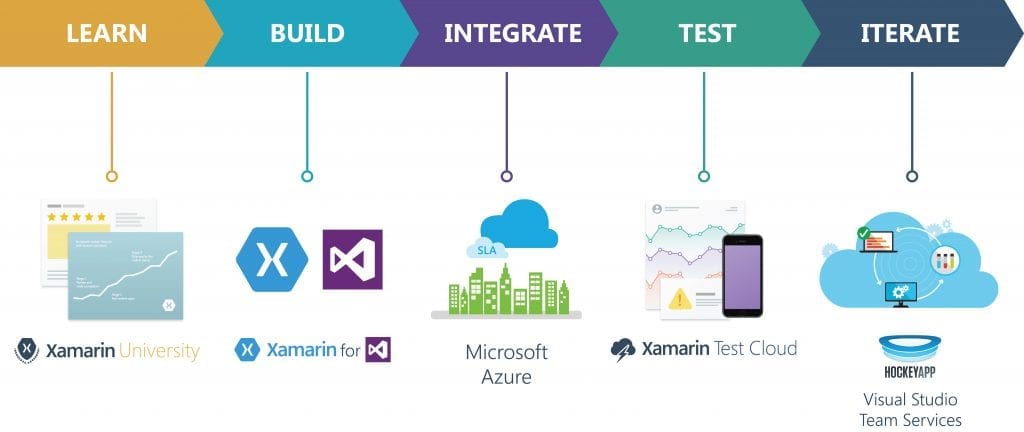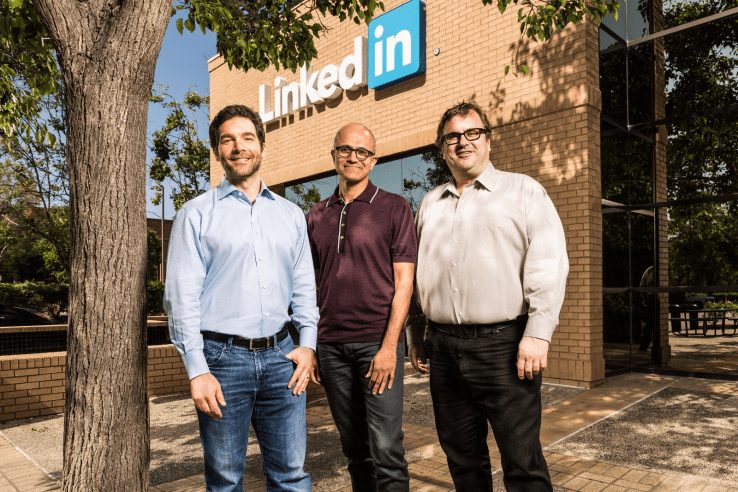[vc_row][vc_column][vc_column_text]
Facebook, Twitter, YouTube and Microsoft agree to remove hate speech across the EU
By Romain Dillet as written on techcrunch.com
Facebook, Twitter, Google’s YouTube, Microsoft as well as the European Commission unveiled a new code of conduct to remove hate speech according to community guidelines in less than 24 hours across these social media platforms. The EU has ramped up efforts leading to this code of conduct following the recent terrorist attacks in Brussels and Paris.
ISIS has been successfully using social media to recruit fighters over the past few years. In addition to that, the European economic recession has fostered far-right parties, leading to more online antisemitism and xenophobia.
Tech companies probably don’t want to be held responsible for hate speech and are now taking a strong stance against hate speech. This is surprising as many social networks have promoted free expression and have refused to delete content or accounts in the past (except when it comes to copyrighted material).
But it’s been a slow and steady change. Twitter has already suspended 125,000 accounts related to ISIS since mid-2015. Facebook already agreed to work with the German government against hateful speech back in September 2015. Google and Twitter later joined Facebook and the German government in December 2015. Now, four tech companies are making a formal pledge at the European level against hate speech.
“The recent terror attacks have reminded us of the urgent need to address illegal online hate speech,” Vĕra Jourová, EU Commissioner for Justice, Consumers and Gender Equality, wrote in the European Commission press release. “Social media is unfortunately one of the tools that terrorist groups use to radicalise young people and racist use to spread violence and hatred. This agreement is an important step forward to ensure that the internet remains a place of free and democratic expression, where European values and laws are respected.”
Tech companies will have to find the right balance between freedom of expression and hateful content. Based on the code of conduct, they’ll have dedicated teams reviewing flagged items (poor employees who will have to review awful things every day).
Tech companies will also educate their users and tell them that it’s forbidden to post hateful content. They’ll cooperate with each other to share best practice. They’ll encourage flagging of hateful content and they’ll promote counter speech against hateful rhetoric.
It’s good to see that this issue got escalated and the European Commission was able to come up with a code of conduct quite quickly. Instead of making tech companies deal with every single European country, they can agree on rules for the EU as a whole.
Similarly, it’s encouraging to see tech companies working together on a sensitive issue like this one. While it’s a good starting point, there will be new social platforms in the future, and I hope other tech companies will join this code of conduct in the future.
[/vc_column_text][/vc_column][/vc_row]
Continued Reading

June 11, 2016
The future of mobile app development
The future of mobile app development By Nat Friedman as […]
LEARN MORECloud Services Page

June 13, 2016
Microsoft to buy LinkedIn for $26.2B in cash, makes big move into enterprise social media
[vc_row][vc_column][vc_column_text][vc_single_image image="9369" img_size="large" alignment="center"][vc_column_text] Microsoft to buy LinkedIn for $26.2B […]
LEARN MORENews and Events

